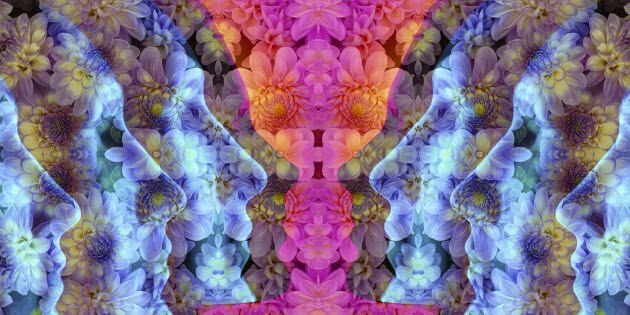| Online: | |
| Visits: | |
| Stories: |
3 Common Mental Health Issues Treatable with Psychedelics
by Anna Hunt
Waking Times
Despite the complicated social perspective regarding psychedelics, more research and attention is being given to the use of psychedelic substances such as lysergic acid diethylamide (LSD), psilocybin mushrooms, and plants such as ayahuasca to treat mental illnesses, including depression, anxiety, alcoholism and drug addiction.
Psychedelics interact with serotonin receptors in the brain and have a way of enabling people to consider new perspectives and possibilities in life. Unfortunately the political history and existing laws in most countries make it challenging for clinicians and scientists to obtain the necessary regulatory approval for clinical trials. Research into the development of psychotherapy with use of psychedelic drugs came to an abrupt stop in the 1960s after LSD was made illegal in the United States (US) in 1966.
Nevertheless, scientists and physicians are now giving more regard to the potential of psychedelics. Over the last two decades, more new research has been conducted after the lull of the 70’s, 80’s and 90’s. What have we found so far? Although studies have been limited, there is a common theme throughout them: though unconventional, psychedelics may be very effective in treating mental disorders; they are well tolerated by clinical populations; and they appear to have a very low possibility of dependency or adverse side effects.
“These drugs don’t appear to produce dependence. Their ability to treat a range of addictive psychiatric and existential disorders is remarkable and too interesting not to explore further.” ~ Dr. Stephen Ross, director of the Division of Alcoholism and Drug Abuse at Bellevue Hospital in New York City
Source: http://www.riseearth.com/2014/09/3-common-mental-health-issues-treatable.html





